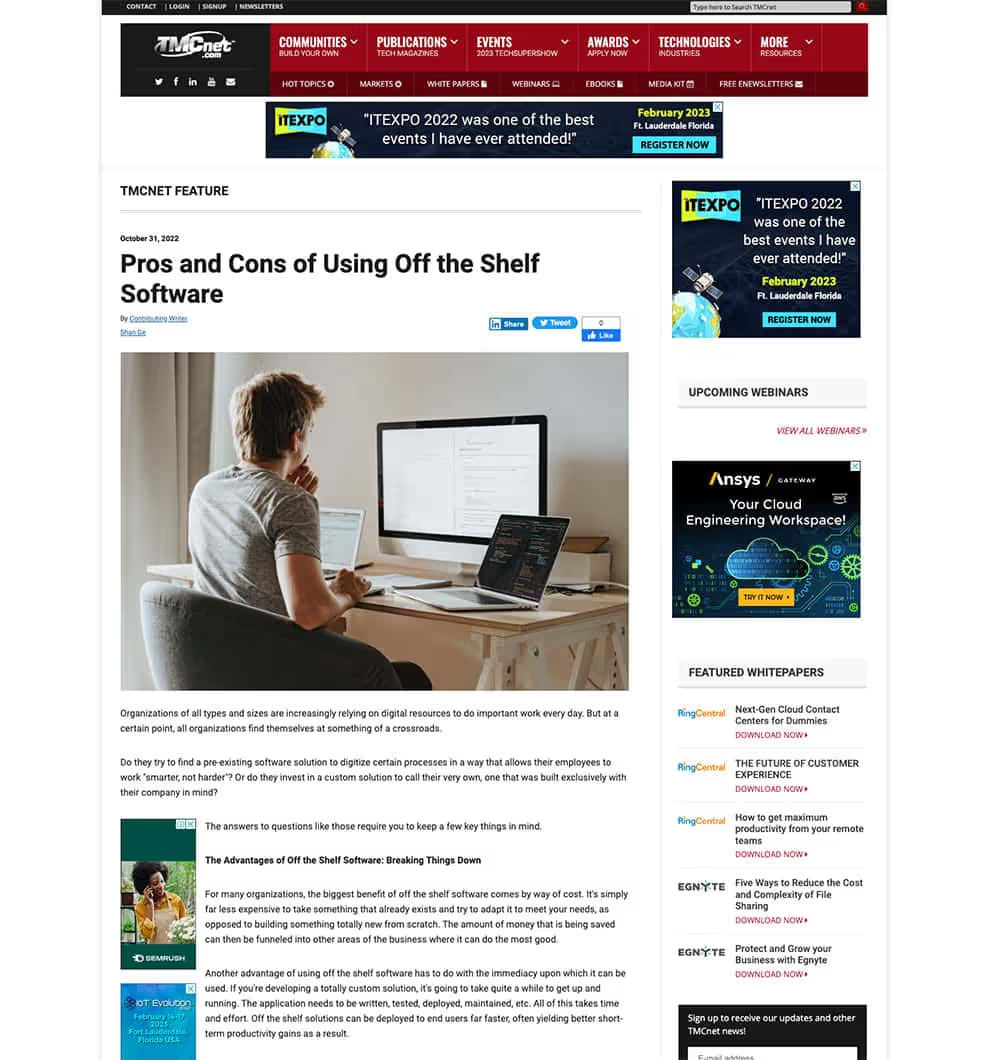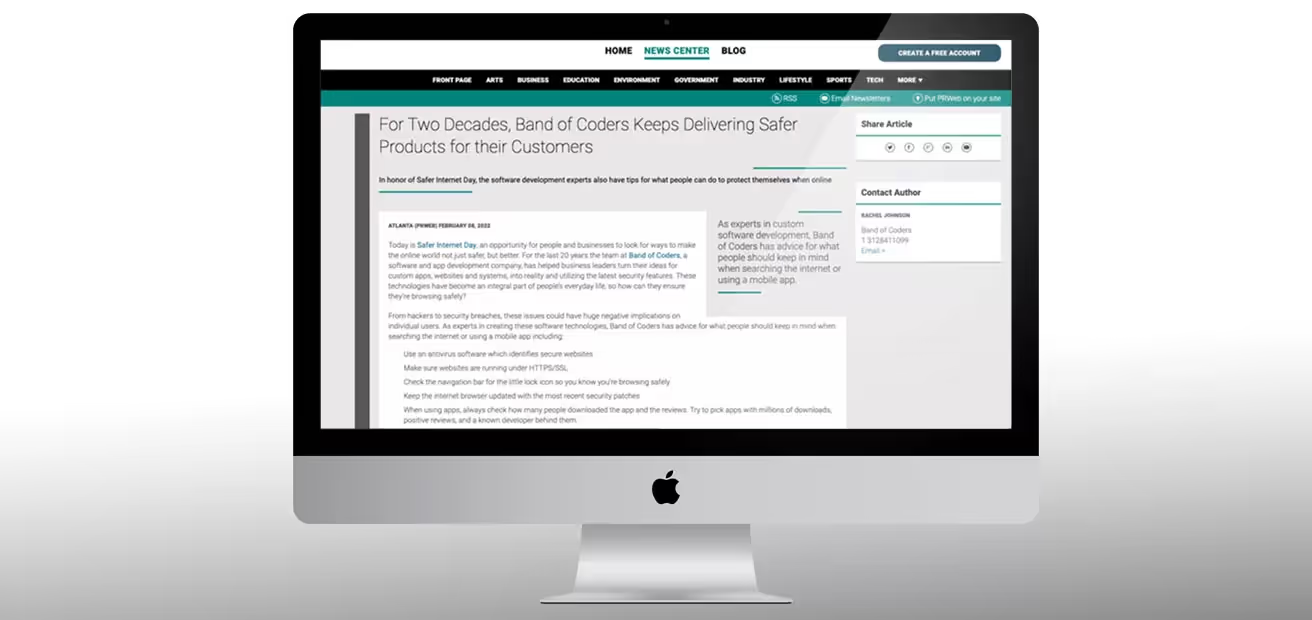Pros and Cons of Using Off the Shelf Software


Organizations of all types and sizes are increasingly relying on digital resources to do important work every day. But at a certain point, all organizations find themselves at something of a crossroads.
Do they try to find a pre-existing software solution to digitize certain processes in a way that allows their employees to work "smarter, not harder"? Or do they invest in a custom solution to call their very own, one that was built exclusively with their company in mind?
The answers to questions like those require you to keep a few key things in mind.
The Advantages of Off the Shelf Software: Breaking Things Down
For many organizations, the biggest benefit of off the shelf software comes by way of cost. It's simply far less expensive to take something that already exists and try to adapt it to meet your needs, as opposed to building something totally new from scratch. The amount of money that is being saved can then be funneled into other areas of the business where it can do the most good.
Another advantage of using off the shelf software has to do with the immediacy upon which it can be used. If you're developing a totally custom solution, it's going to take quite a while to get up and running. The application needs to be written, tested, deployed, maintained, etc. All of this takes time and effort. Off the shelf solutions can be deployed to end users far faster, often yielding better short-term productivity gains as a result.
The Potential Disadvantages of Off the Shelf Software
By far, the biggest disadvantage of using off the shelf software comes by way of its flexibility, or lack thereof. The processes you and your employees have worked to develop over time are unique to your company. If they cannot be properly digitized or automated using a pre-existing software application, you're not able to use them to their fullest potential.
In other words, you're giving up part of what makes you unique and are forcing your people to change the way they work to make up for the limitations of the software, rather than having the software support the way they need to work. You're also giving up a part of your competitive advantage at the same time.
In the End
Overall, it's important to acknowledge that there is no "one size fits all" answer to whether or not you should be using custom or off the shelf software. For some organizations, having a superior level of customization and scalability that a custom solution offers is the only way to go. According to the experts at Band of Coders, having a problem or need that can't be solved with a pre-made solution is one of the chief reasons to invest in custom software in the first place.
Other brands will be more than fine taking a piece of software that already exists and adapting it to meet their needs (or working within whatever limitations they may find). Only by carefully considering your own requirements as a business will you be able to make the decision that is right for you.
Related posts

For Two Decades, Band of Coders Keeps Delivering Safer Products for their Customers

Top Service Providers. UpCity Marketplace




